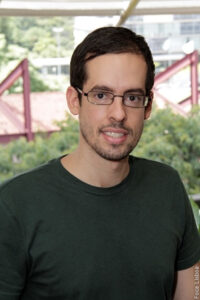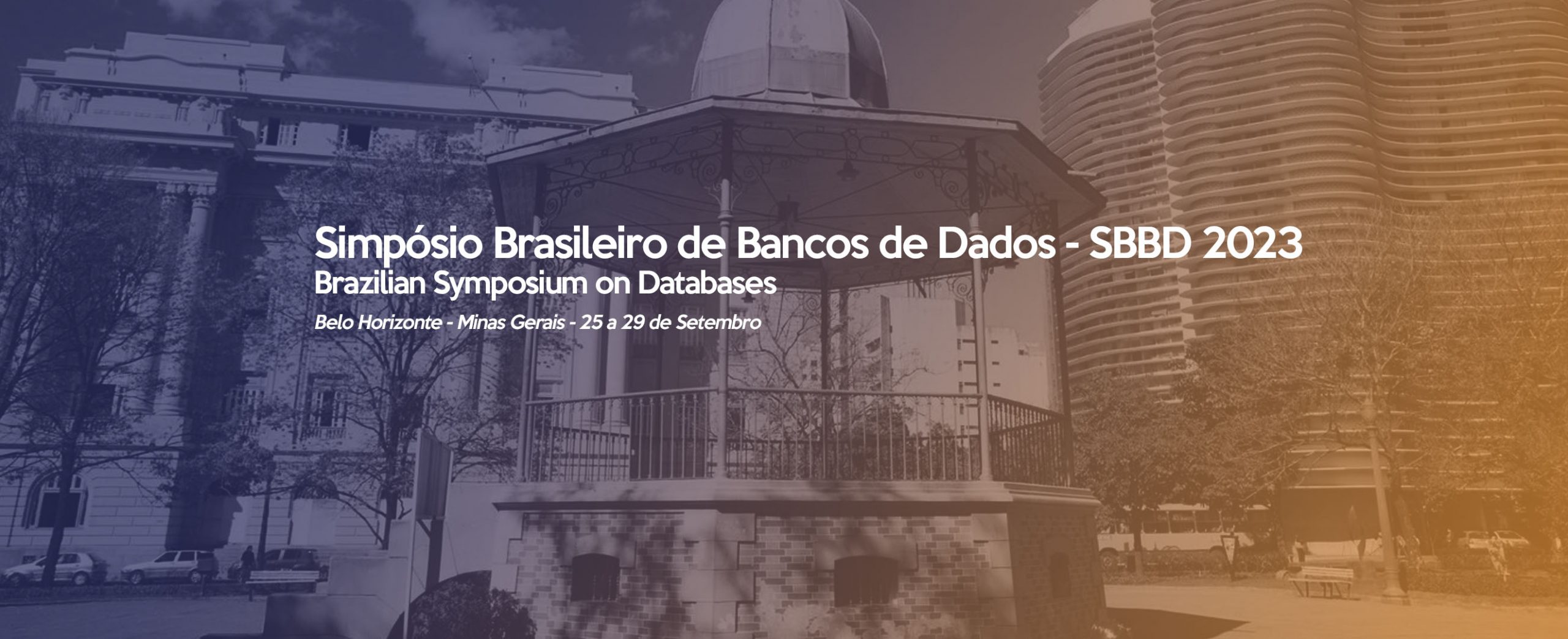Understanding Societies from their Digital Records
Abstract: The immense availability of mobile computing technologies such as smartphones and tablets and the worldwide adoption of social applications such as Facebook and Twitter have allowed people to continuously connect to the Internet. In this scenario, people act as social sensors, voluntarily providing data that captures their daily experiences from observations of the physical and online world. In addition, open data initiatives from various sectors of society, such as the Open Data portal of the Chamber of Deputies of Brazil, publish structured data that can be freely used by anyone to foster the development of intelligent tools. In today’s world, every movement or action generates a digital record, and this gigantic database can be seen as a digital and structured representation of the world and its societies. In this talk, I will describe some simple computational methods that make use of this public data to discover knowledge in large-scale complex social systems. I will show how this data can be used to understand cultural behaviors and to promote transparency in political systems and activities. I show that these methods can discover surprising features and patterns at a lower cost and faster cost than traditional methods.

Short bio: Pedro O.S. Vaz de Melo is an associate professor in the Computer Science Department (DCC) of the Federal University of Minas Gerais (UFMG). He has a degree (2003) and Masters (2007) in Computer Science from the Pontifical Catholic University of Minas Gerais (2003). He got his Ph.D. at the Federal University of Minas Gerais (UFMG) with a one-year period as a visiting researcher at Carnegie Mellon University and a five-month period as a visiting researcher at INRIA Lyon. His research interest is mostly focused on knowledge discovery and data mining in complex and distributed systems. Pedro has published more than ninety peer-reviewed papers in journals, magazines, and conferences, such as ACM SIGKDD, Neurips, WWW, NAACL, ICWSM, ACM TKDD, PLOS ONE, and IEEE Commag. He has also received several grants from CNPq and Fapemig, two Google Research Awards for Latin America, and the 2020 CNIL-Inria Privacy Award.
